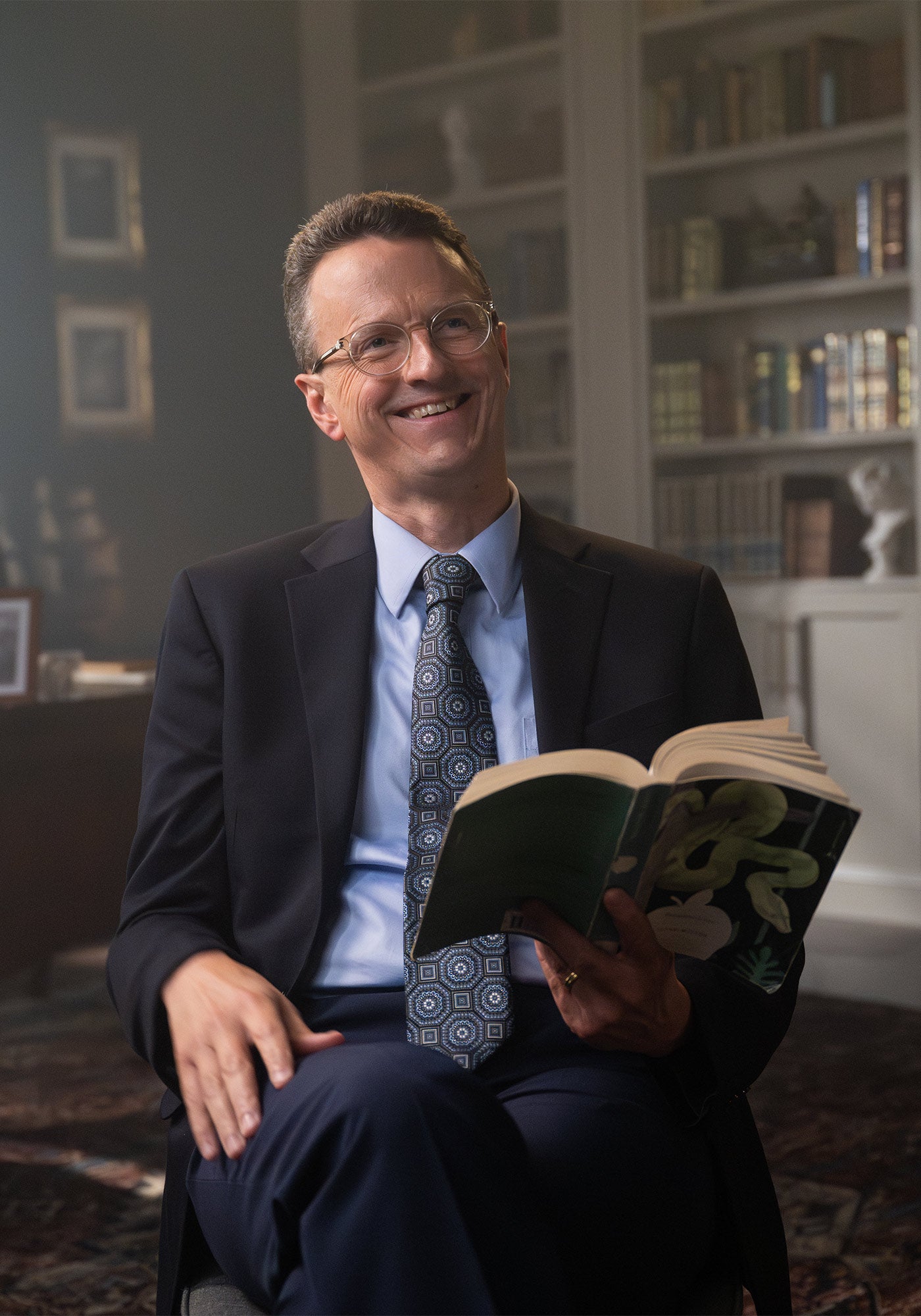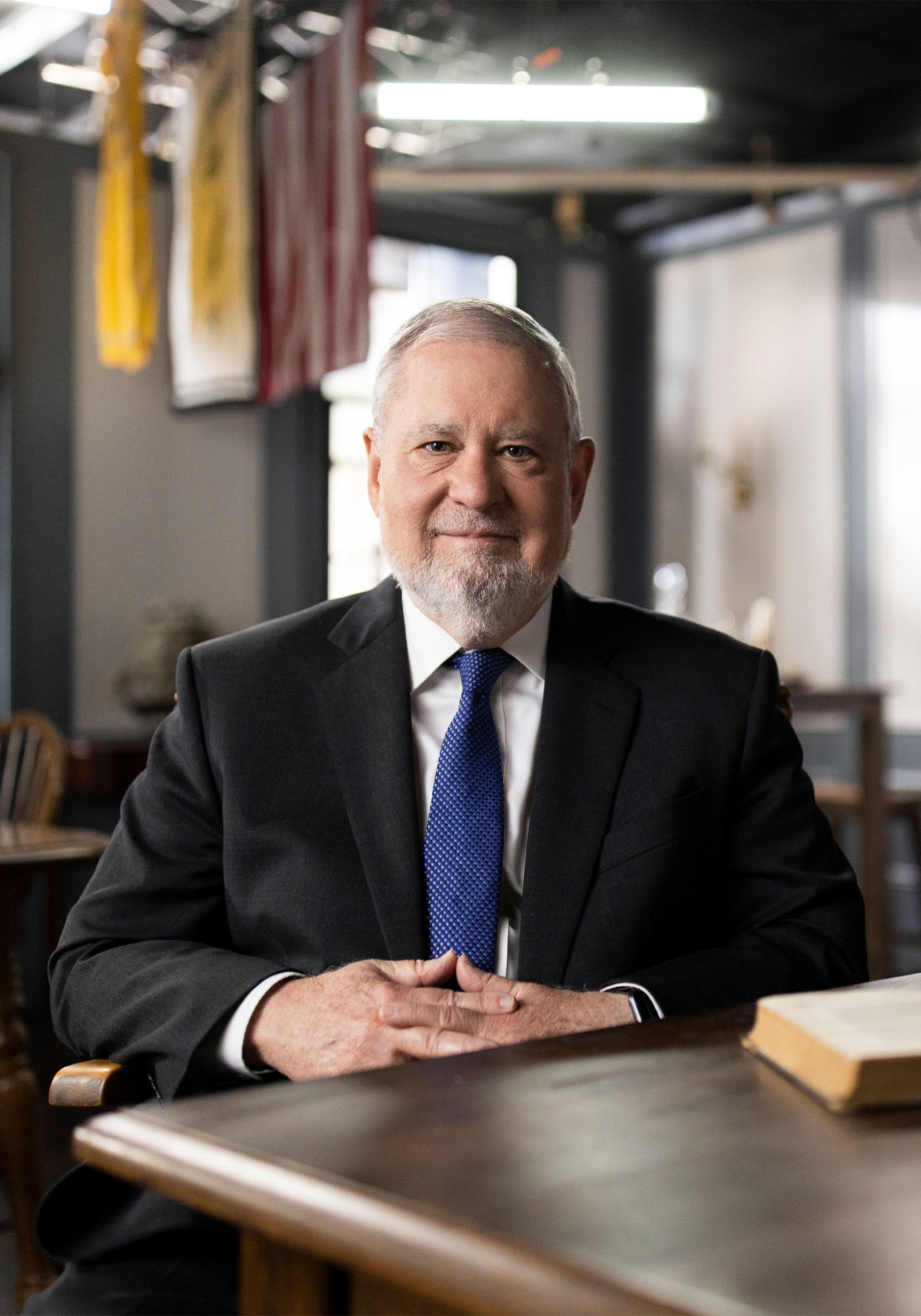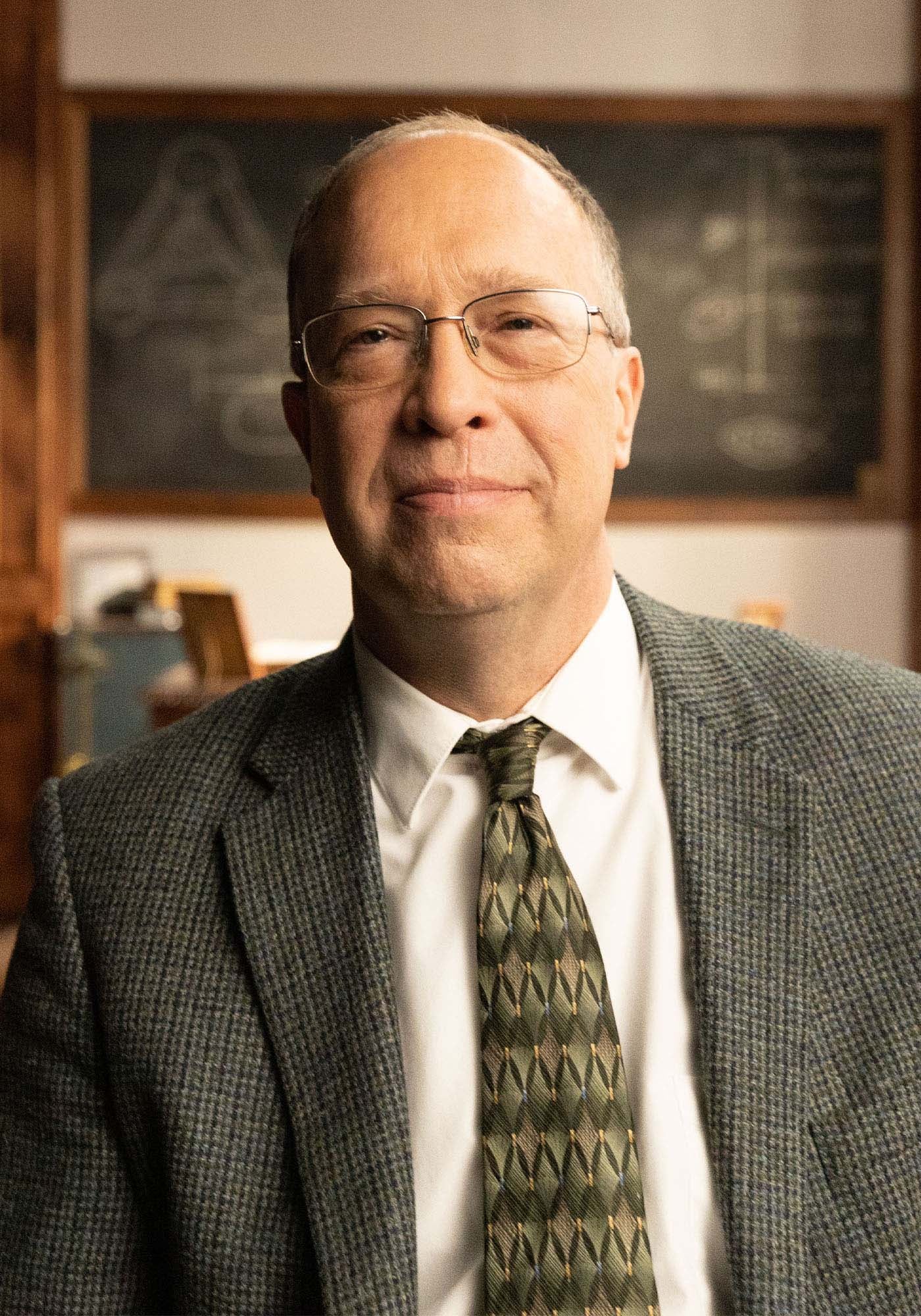
WELCOME
A scientific, literary, theological, political, and moral education is necessary for personal happiness and to perpetuate the blessings of civil and religious liberty. That is why Hillsdale College furnishes these beautiful courses for free to all who wish to learn.
Let’s begin.
Explore Our Catalog
Our Newest Course

Understanding Capitalism
Capitalism rewards man with profit or punishes him with loss, depending on the merit of his actions. It expresses the freedom and rationality of human nature in an economic system. The capitalist system depends upon private property rights, the freedom of exchange and contract, sound money, and the rule of law that supports all of these through formal and informal structures. Such a system encourages innovation and morality along with economic prosperity.
Latest Articles

Contingency of Orthodoxy
May 29, 2025
We tend to look back on the triumph of (what we now call) Nicaean orthodoxy as either historically inevitable or divinely providential. To many actors in the moment, however, this outcome would not have seemed so assured. As Jordan Wales explains in our free online course, “Theology 101: The Western Theological Tradition,” emperors and bishops continued to wrangle over Christology for many year...

The Healing Pain of Self-Knowledge
May 22, 2025
Self-love is something of a theme with our culture. Pop songs and influencers extol it, therapists recommend it, advertising campaigns capitalize on it. But there is, interestingly, no corresponding emphasis on self-knowledge. The great minds of antiquity would have us wonder whether we can truly love what we do not know. Aristotle grounds genuine self-love in self-knowledge because, he tells u...

Why Won’t Congress Legislate?
May 15, 2025
Since Franklin Delano Roosevelt coined the phrase the “First Hundred Days” in his radio address on July 25, 1933, that period of time has become a kind of benchmark for modern presidents by which to judge how transformational the start of their presidency has been. During his first hundred days in 1933 (from March 4th to June 12th), Roosevelt signed 77 bills into law and issued 99 executive orders...
See what current students are saying:
Takes the student through the full context of the course subject matter. Wonderful insight into how we strayed and its consequences and offers a solution.
Create your FREE account today!
All you need to access our courses and start learning today is your email address.







